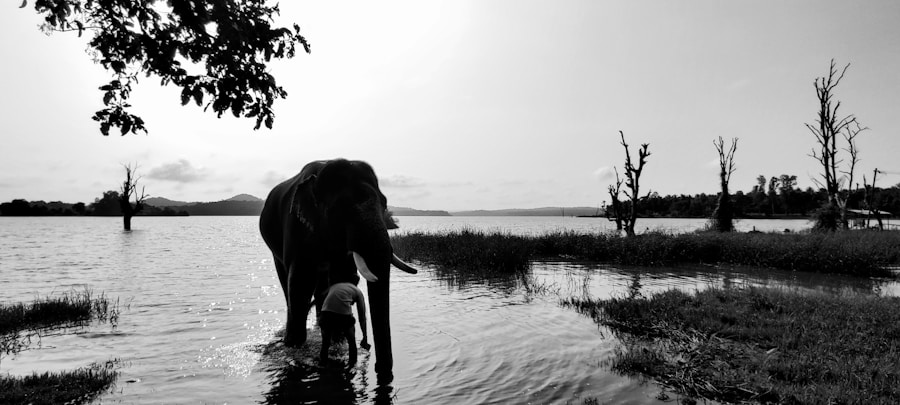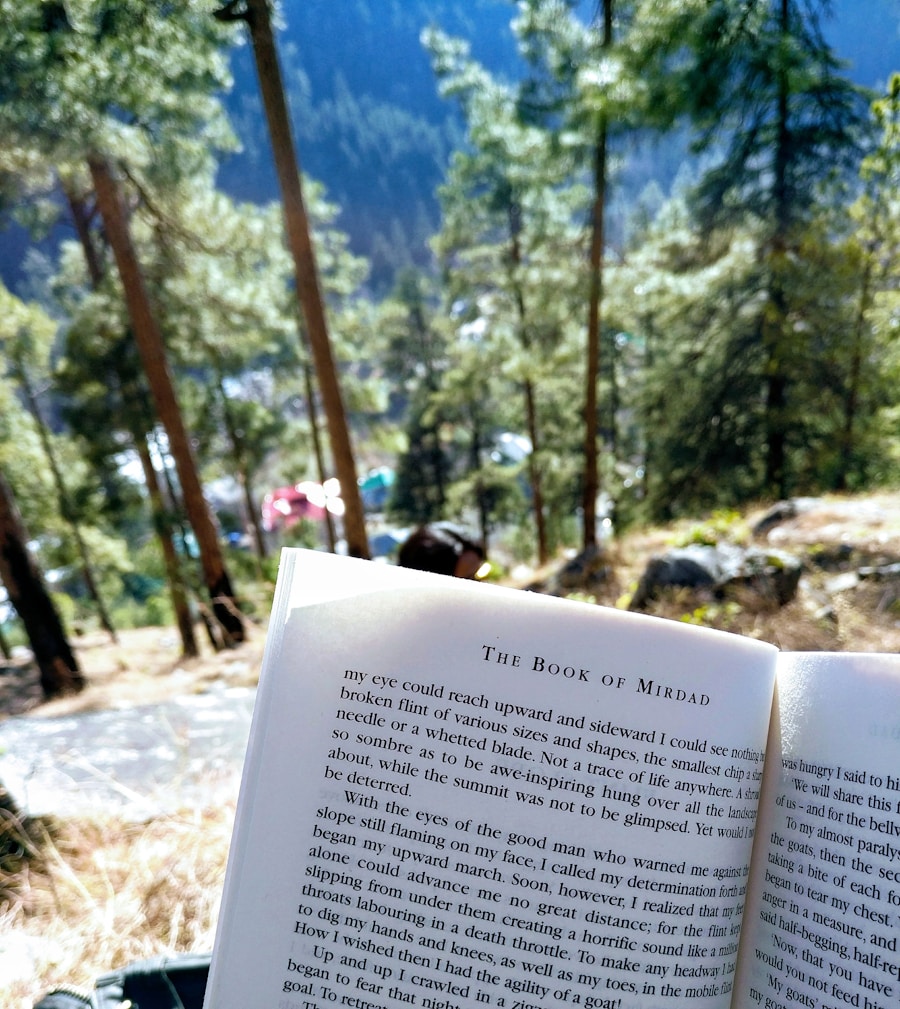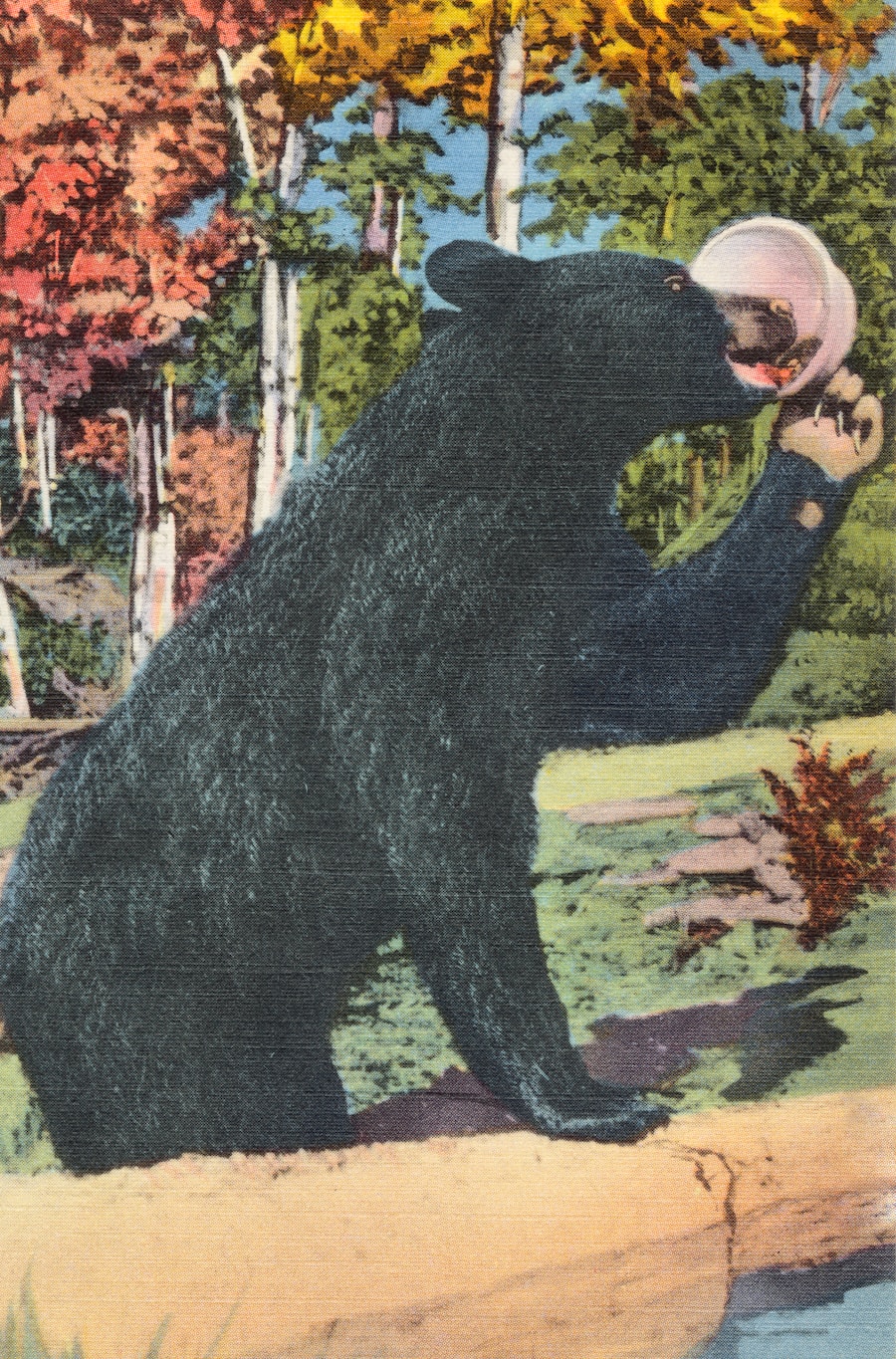Jawaharlal Nehru, the first Prime Minister of India, was not only a pivotal figure in the country’s struggle for independence but also a profound thinker and writer. His literary contributions extend beyond political discourse, with one of his most notable works being “The Discovery of India.” However, it is in his lesser-known writings, particularly “Nehru’s Book of Nature,” that he reveals a deep-seated reverence for the natural world. This book serves as a testament to Nehru’s belief in the interconnectedness of humanity and nature, emphasizing the importance of understanding and appreciating the environment.
Through vivid descriptions and philosophical musings, Nehru invites readers to explore the beauty and complexity of the natural world, urging them to recognize their place within it. In “Nehru’s Book of Nature,” Nehru articulates his thoughts on nature not merely as a backdrop to human existence but as a vital force that shapes cultures, societies, and individual lives. His reflections are imbued with a sense of wonder and curiosity, encouraging readers to engage with the environment in a meaningful way.
The book is not just an exploration of flora and fauna; it is a philosophical inquiry into the essence of life itself. Nehru’s prose is rich with imagery and emotion, drawing readers into a world where nature is both a teacher and a companion.
Key Takeaways
- Nehru’s Book of Nature is a timeless exploration of the natural world and its significance in human life.
- Nehru’s experiences in the wild offer valuable lessons on the interconnectedness of all living beings and the importance of preserving the environment.
- Nehru’s insights from the wild emphasize the need for conservation and environmentalism to ensure a sustainable future for all.
- Nehru’s legacy continues to inspire future generations to appreciate and protect the natural world.
- Embracing the wisdom of the wild, as presented in Nehru’s book, is essential for fostering a harmonious relationship between humans and nature.
Exploring the Wild with Nehru
Nehru’s exploration of the wild is characterized by an intimate relationship with nature that transcends mere observation. He often describes his experiences in the Indian wilderness, where he finds solace and inspiration. For instance, his encounters with the majestic Himalayas evoke a sense of awe that reflects his deep appreciation for the grandeur of the natural world.
In these moments, Nehru does not simply recount his adventures; he delves into the emotional and spiritual dimensions of his experiences. The mountains become symbols of strength and permanence, while the rivers represent the flow of life itself. Through his vivid storytelling, he transports readers to these breathtaking landscapes, allowing them to share in his reverence for nature.
Moreover, Nehru’s explorations are not limited to physical journeys; they also encompass intellectual and philosophical quests. He often reflects on how nature influences human thought and culture, suggesting that our understanding of the world is shaped by our interactions with the environment.
This perspective encourages readers to consider how their own cultural narratives are intertwined with the natural world. By weaving together personal anecdotes and broader cultural observations, Nehru creates a rich tapestry that highlights the importance of exploring both the physical and metaphysical aspects of nature.
Lessons from the Wild: Nehru’s Insights

Nehru’s insights gleaned from his experiences in nature are profound and multifaceted. One of the central themes in “Nehru’s Book of Nature” is the idea that nature serves as a mirror reflecting human emotions and experiences. He posits that just as nature undergoes cycles of change—seasons shifting from winter to spring—so too do human lives experience growth, decay, and renewal.
This cyclical understanding fosters a sense of humility and acceptance in individuals, encouraging them to embrace their own life journeys with grace. Nehru’s reflections on these cycles resonate deeply, reminding readers that they are part of a larger continuum that transcends individual existence. Additionally, Nehru emphasizes the importance of observation and mindfulness in understanding nature.
He advocates for a contemplative approach to experiencing the wild, urging individuals to slow down and truly engage with their surroundings. This mindfulness allows for deeper connections with nature, fostering an appreciation for its intricacies—from the delicate patterns on a butterfly’s wings to the complex ecosystems that sustain life. Nehru’s insistence on observation as a means of learning underscores his belief that nature has much to teach us if we are willing to listen.
By cultivating this awareness, individuals can develop a more profound respect for the environment and recognize their responsibility in preserving it.
Conservation and Environmentalism in Nehru’s Book of Nature
Nehru’s writings also reflect an early awareness of environmental issues and conservation efforts. He recognized that rapid industrialization and urbanization posed significant threats to natural ecosystems. In “Nehru’s Book of Nature,” he articulates concerns about deforestation, pollution, and habitat destruction, emphasizing that these actions not only harm wildlife but also jeopardize human well-being.
His foresight in addressing these issues highlights his understanding that environmental health is intrinsically linked to social progress. Nehru advocates for sustainable practices that honor the balance between development and conservation, urging future generations to prioritize ecological integrity. Furthermore, Nehru’s vision for conservation extends beyond mere preservation; he envisions a harmonious relationship between humanity and nature.
He argues that true progress should not come at the expense of the environment but should instead seek to enhance it. This perspective is particularly relevant today as societies grapple with climate change and biodiversity loss. Nehru’s call for responsible stewardship resonates strongly in contemporary discussions about environmentalism.
He encourages individuals to take an active role in protecting their surroundings, fostering a sense of collective responsibility toward nature. By framing conservation as a moral imperative, Nehru inspires readers to consider their impact on the planet and to advocate for policies that promote ecological sustainability.
Nehru’s Legacy: Inspiring Future Generations
The legacy of Jawaharlal Nehru extends far beyond his political achievements; it encompasses his profound insights into nature and humanity’s relationship with it. His writings continue to inspire generations of environmentalists, educators, and thinkers who seek to understand the complexities of our world. By emphasizing the importance of nature in shaping human experience, Nehru has left an indelible mark on environmental literature.
His ability to articulate the beauty and significance of the natural world serves as a guiding light for those who wish to explore these themes further. Moreover, Nehru’s commitment to education plays a crucial role in his legacy. He believed that fostering an appreciation for nature should be an integral part of education systems worldwide.
By instilling values of curiosity, respect, and responsibility toward the environment in young minds, he envisioned a future where individuals would actively engage in conservation efforts. His emphasis on experiential learning—encouraging students to explore their surroundings—remains relevant today as educators seek innovative ways to connect students with nature. Through initiatives such as outdoor classrooms and environmental education programs, Nehru’s vision continues to inspire new approaches to learning that prioritize ecological awareness.
Embracing the Wisdom of the Wild

In “Nehru’s Book of Nature,” Jawaharlal Nehru offers readers a profound exploration of the natural world that transcends time and place. His reflections serve as a reminder of the beauty and complexity inherent in nature while urging individuals to cultivate a deeper connection with their environment. By sharing his insights on observation, mindfulness, and conservation, Nehru encourages readers to embrace their role as stewards of the earth.
As contemporary society faces unprecedented environmental challenges, Nehru’s wisdom remains more relevant than ever. His call for responsible engagement with nature resonates strongly in today’s discussions about sustainability and ecological preservation. By embracing the lessons found within “Nehru’s Book of Nature,” individuals can foster a renewed sense of wonder for the wild while committing themselves to protecting it for future generations.
In doing so, they honor not only Nehru’s legacy but also the intricate web of life that sustains us all.
In addition to Nehru’s Book of Nature: Lessons from the Wild, readers may also find the article on fruits and vegetables to be of interest. This article explores the latest news and updates in the world of fruits and vegetables, providing valuable insights into the benefits of incorporating these nutritious foods into our diets. By understanding the importance of nature’s bounty, we can further appreciate the lessons that can be learned from the wild.
























+ There are no comments
Add yours